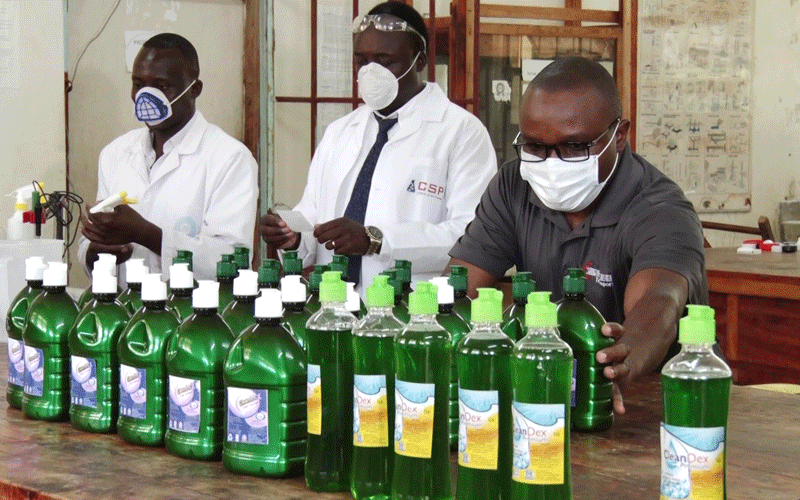Kenya must invest in robust science communication

Many scientists, communicators and institutions have spent time, effort and money on biotechnology communication in the past decades.
Communicating biotechnology, however, has not been successful in terms of acceptance by the general public in many countries. Moreover, the views of proponents and opponents have become even more entrenched in spite of the efforts to communicate the scientific message. This seems paradoxical as communication is a process that aims at developing consensus on interests, values and preferences, taking into account the interest of all groups in society.
In Kenya, the situation of biotechnology was well articulated last year by a University of Nairobi Don, Prof Francis Mulaa who opines that the current status of biotechnology in Kenya is still in its infancy.
While it is largely at the science stage, it is rather poorly practiced and part of the poor practice has to do with our education system. It is clear that the education system is poorly designed and unresponsive to technology.
For decades, there has been research into the social impact of biotechnology, especially with regards to the interactions between science, industry, the media, politics and the general public.
Crop biotechnology, while merely one of the many possible scientific options to improve agricultural productivity, has triggered increased interest in its consistent and substantial benefits. About 17 million farmers in 26 countries have planted biotech crops spread across 191.7 million hectares. At the same time, it has sparked debate on its perceived risks and safety and is often caught in a maelstrom of controversy.
Crucial therefore to balancing issues and concerns surrounding biotechnology is adequate science-based, authoritative information to enable various stakeholders to engage in an objective and transparent debate.
Mutual understanding and dialogue will enable the global community to understand the attributes of crop biotechnology and assure acceptance by the public.
To improve the understanding of biotechnology and how its products contribute to personal well-being, a strategic plan for public communications is important.
Some specific objectives for public communication in this area would be; make evident to decision makers that modern biotechnology can be an effective tool for increasing agricultural productivity, and thereby economic growth, without imposing unacceptable risk to the environment or human and animal health; and enable members of the public to make informed decisions about appropriate uses of biotechnology by providing accurate information about benefits, risks and impacts.
Scientific communication poses many challenges that complicate generalisable strategies intended to meet consumer needs.
In part, this is because there is not a single audience for scientific information; therefore, the societal contexts surrounding different scientific issues vary.
Many variables contribute to the difference in people’s understanding of science, including personal considerations, such as formal education and political ideology, to societal level influences such as widespread anti-intellectualism, media influence, and varying degrees of public confidence in scientists.
Because segments of the population are less likely to be receptive to novel technologies, communication approaches need to meet the needs of diverse demographics.
— The writer is director, Frontier Science Communications LTD







